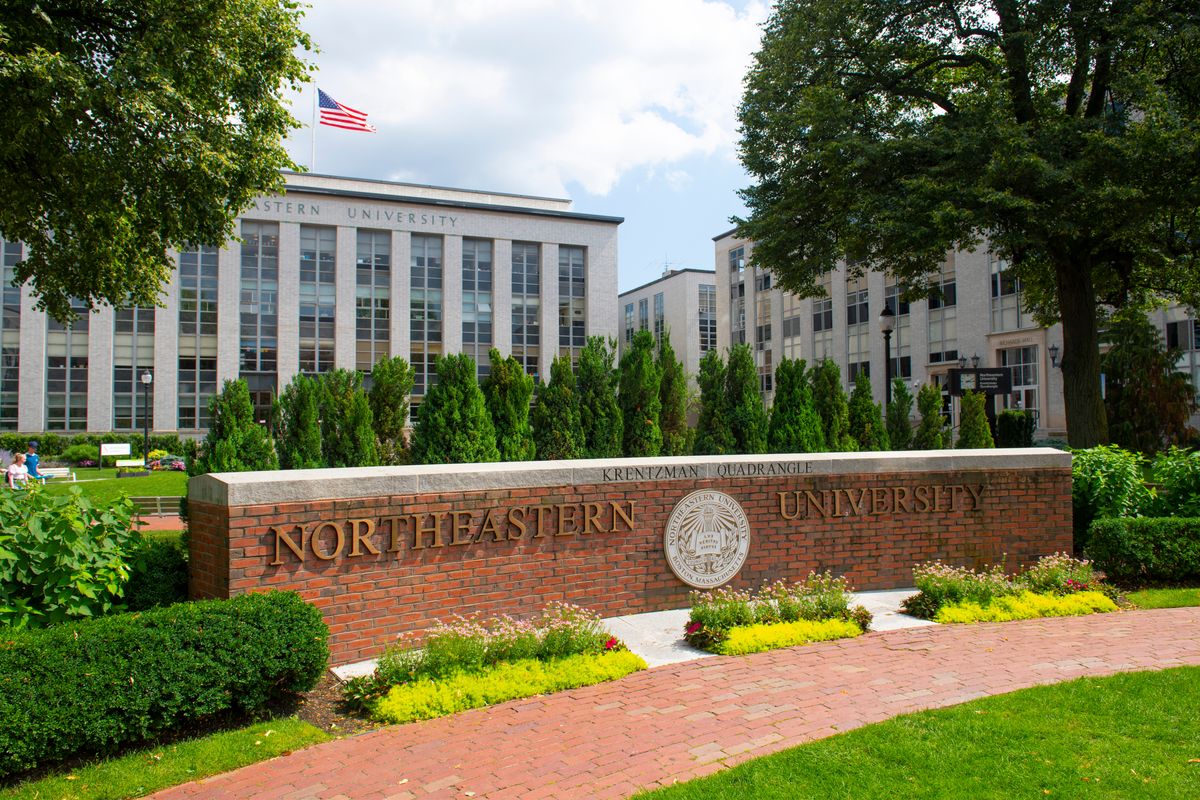Northeastern University Co-op Program a Huge Success
University sees a huge boost in enrollment and post graduation employment rates

Northeastern University
I am old enough to remember (don’t ask!) when my brother (who was not a terrific high school student) was applying to colleges using the old paper and pencil applications. The only college that would accept him was Northeastern. He eventually transferred out to San Diego State and later to UC Berkeley. Nowadays, Northeastern is as hard to get into as Northwestern and many of the Ivies. The key attraction: a unique program that allows students to alternate between academic studies and up to 18 months of full-time, paid work experience. This approach, referred to as the co-op program, significantly enhances their chances of securing a job after graduation.
Northeastern is not alone in offering such a program. Other colleges such as Drexel and Georgia Tech are experiencing a similar trend due largely to their focus on a business- oriented curriculum and a co-op option. All three of these colleges are reporting admirable rates of employment within one year of graduation. In fact, as many as 90% of the students have full-time jobs within one year, and many of those are with the companies where they served their co-op.
The debate for families and businesses extends beyond rising tuition costs and student debt. It also concerns whether U.S. universities are producing the kind of talent that companies need. Universities that help students secure at least one six-month professional job, or "co-op," during their studies, often through the school's employer network, report better post-graduation outcomes. In addition, students who are working in a co-op are able to earn money that helps to pay for their college tuition, which can be as high as $90,000 per year. These co-ops could be anywhere from a few weeks to six months or more. And, the experience that students gain can be invaluable, both in terms of the skills they learn and also in boosting their résumés.
Other universities have taken note. The University of North Carolina’s School of Data Science and Society and Wayne State University in Detroit are among those exploring co-op models to better prepare students for the workforce.
